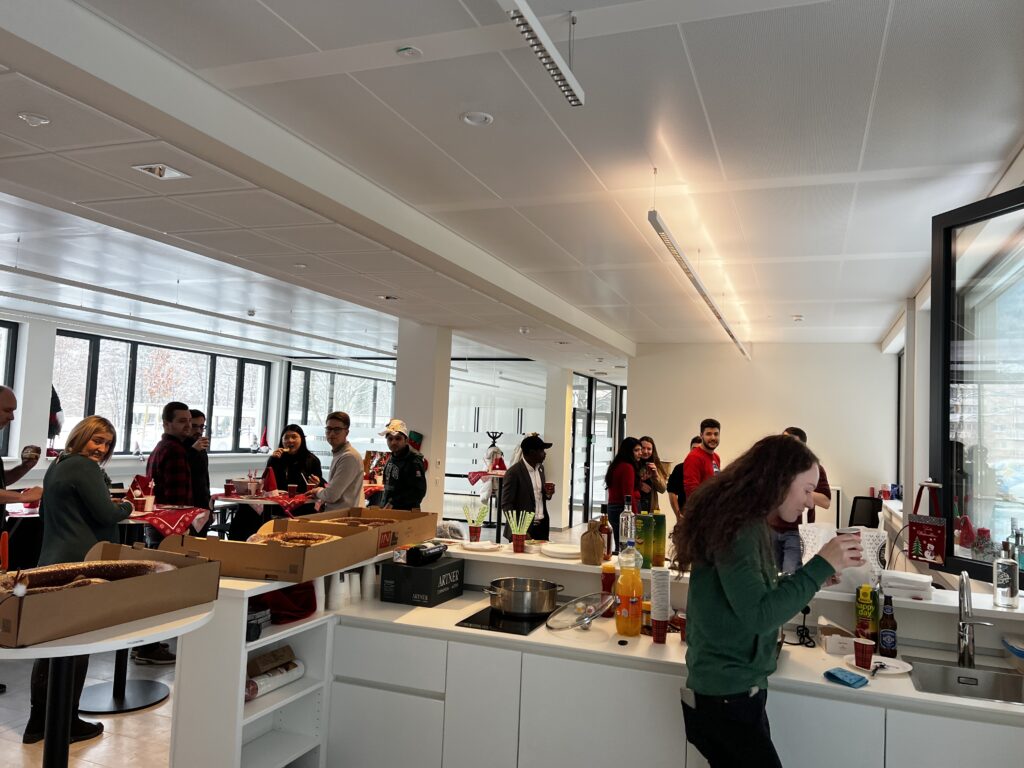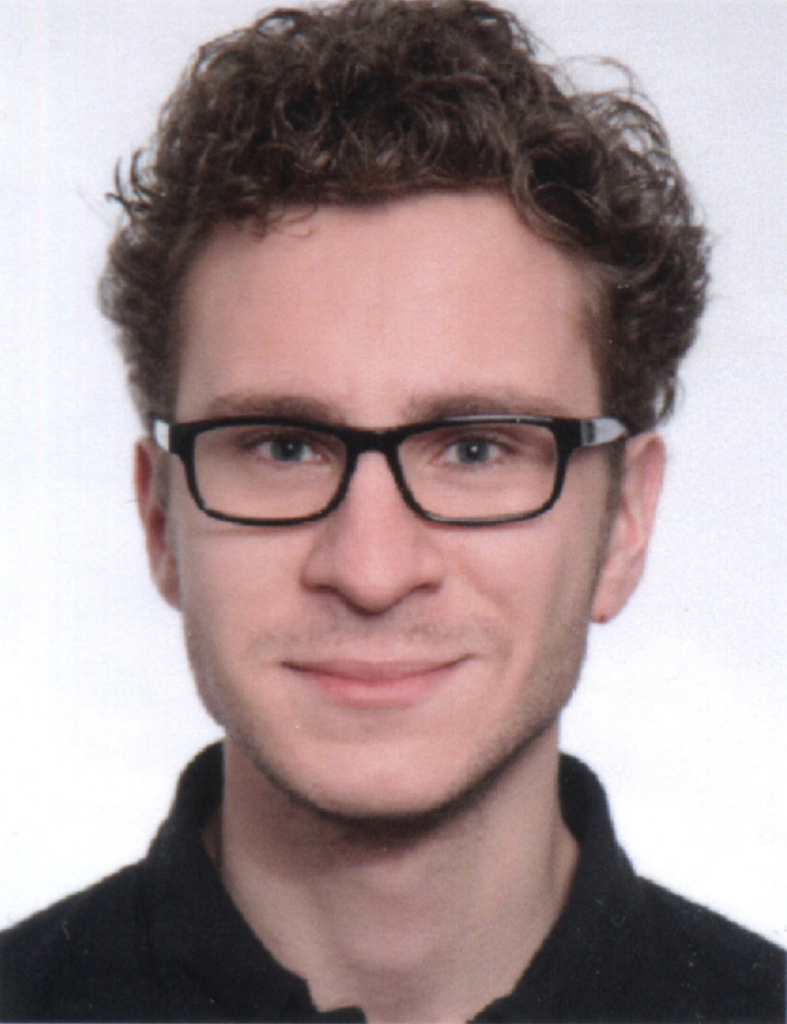Author: Elmar Rueckert
1 Stelle im Sekretariat (m/w/d) – 12.Dezember 2024, RefID: 2411APC
Die Montanuniversität Leoben ist eine moderne Lehr- und Forschungsstätte und bietet sehr gute
Voraussetzungen für Karrieren in wissenschaftlichen und nichtwissenschaftlichen Berufsfeldern.
Am Department Product Engineering – Lehrstuhl für Cyber-Physical-Systems gelangt die Stelle im
Sekretariat (m/w/d) zur Besetzung.
Für diese Position ist gemäß dem Kollektivvertrag für Arbeitnehmer*innen (m/w/d) der Universitäten die
Verwendungsgruppe IIb (€ 2.460,10 brutto, 14x jährlich) vorgesehen, tatsächliche Einstufung erfolgt
lt. anrechenbarer tätigkeitsspezifischer Vorerfahrung.
Vorgesehener Dienstantritt: ehest möglich
Beschäftigungsdauer: unbefristet
Beschäftigungsausmaß in Wochenstunden: 20 h (mit der Option auf Erhöhung des Beschäftigungsausmaßes ab Jänner 2026)
Aufgabenbereich
- Unterstützung der Lehrstuhlleitung bei der Verwaltung von Terminen und Korrespondenz in
deutscher und englischer Sprache - Allgemeine Verwaltungstätigkeiten
- Büroorganisation, Korrespondenz, Parteienverkehr
- Mitarbeit bei Projektkoordination
- Bestellung und Zahlungsabwicklung über SAP
- Organisation der Lehre
- Betreuung der Studierenden und Vortragenden
- Parteienverkehr
Anstellungsvoraussetzungen
- Abgeschlossene kaufmännische Ausbildung (Handelsschule oder ähnlich) mit mehrjähriger,
einschlägiger Berufserfahrung - Kaufmännische, fachliche und organisatorische Kenntnisse
- Sehr gute EDV-Kenntnisse (MS Office)
- Sehr gute Deutsch und Englisch Kenntnisse (Wort und Schrift)
- Männliche Bewerber nur nach abgeschlossenem Präsenz-/Zivildienst
Erwünschte Zusatzqualifikationen:
- Selbständiges und genaues Arbeiten sowie Einsatzfreude und Bereitschaft zur Übernahme von
Eigenverantwortung - Tragfähigkeit
- Organisationsgeschick
- Koordinationsfähigkeit und Flexibilität
- Hands-on Mentalität
- Gepflegtes und sicheres Auftreten
Wir bieten zahlreiche Benefits, unter anderem:
- Gute öffentliche Erreichbarkeit mit Zug und Bus
- Flexible Arbeitszeit
- Arbeitsmedizinische Leistungen
- Gesundheitstag/Gesundheitsförderung
- Universitätssportprogramm
- Einkaufsvergünstigungen
- Sprachförderung
Bewerbung und Unterlagen
Referenznummer: 2411APC
Ende der Bewerbungsfrist: 12.12.2024
Personen mit Behinderung oder chronischen Erkrankungen, die, die geforderten Qualifikationskriterien
erfüllen, werden ausdrücklich zur Bewerbung aufgefordert.
Um eine geschlechtsneutrale Formulierung zu gewährleisten, werden geschlechterspezifische Artikel,
Pronomen und Adjektive im Text abgekürzt dargestellt.
Leider können die Reise- und Aufenthaltskosten, die aus Anlass des Aufnahmeverfahrens entstehen,
nicht vergütet werden. Die Aufnahmen erfolgen nach den Bestimmungen des Universitätsgesetzes
2002 (UG) und des Angestelltengesetzes.
Die Montanuniversität Leoben strebt eine Erhöhung des Frauenanteiles an und fordert deshalb
qualifizierte Frauen ausdrücklich zur Bewerbung auf. Frauen werden bei gleicher Qualifikation wie der
bestgeeignete Mitbewerber vorrangig aufgenommen.
Für Ihre Bewerbung verwenden Sie bitte unser Online Bewerbungsformular auf der Homepage:
https://www.unileoben.ac.at/jobs








